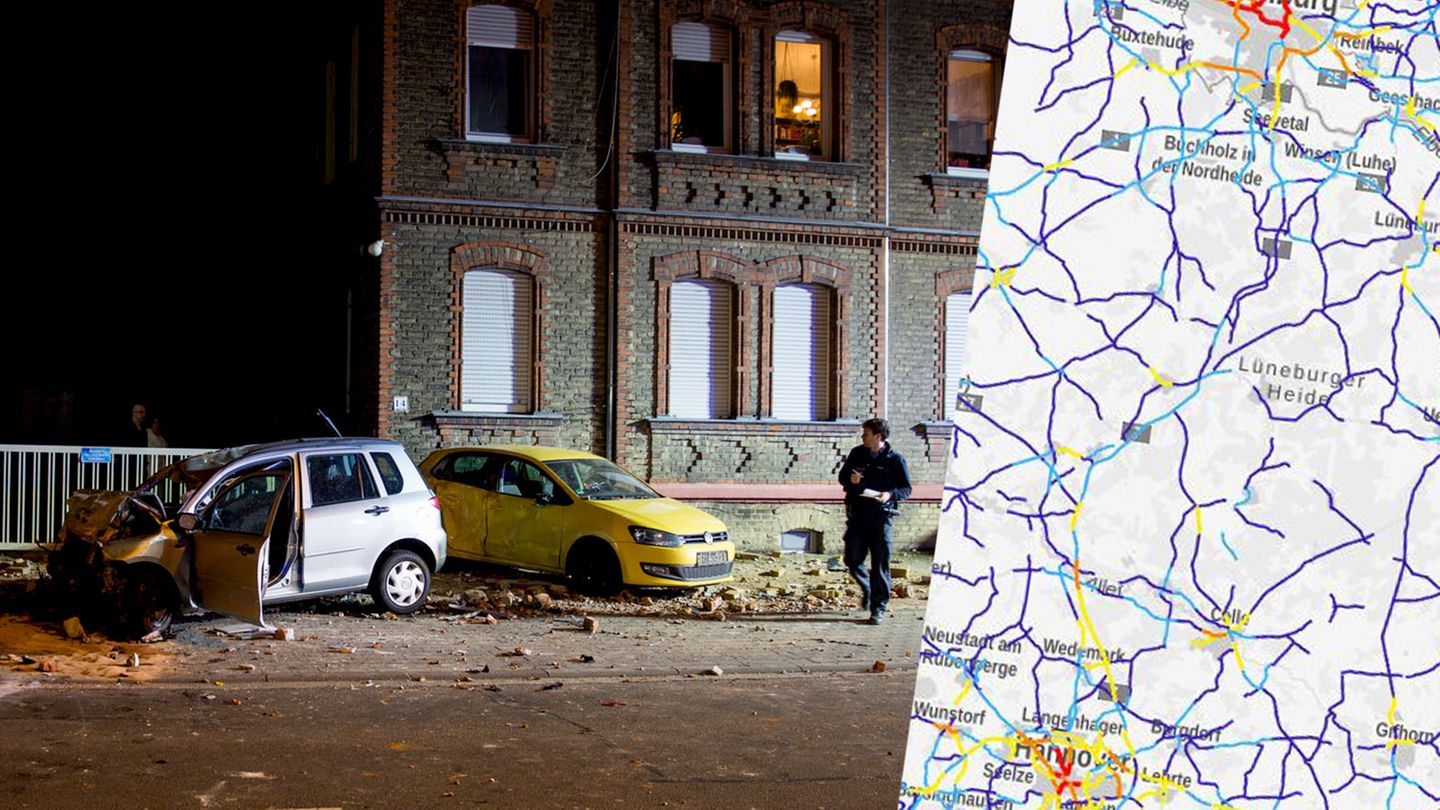The effects of the ECJ ruling against FIFA cannot yet be foreseen. The lawyers of the footballer affected in the proceedings speak of far-reaching changes that must come.
The lawyers of former French professional footballer Lassana Diarra see the European Court of Justice’s ruling against FIFA’s transfer rules as a victory with far-reaching consequences. “The system is dead if you rob it of its core,” said the law firm “Dupont – Hissel”. The ECJ clearly and harshly condemned the rules that form the core of “the transfer system created and managed by FIFA.”
The highest European court ruled on Friday that “some FIFA regulations on international transfers of professional football players” violated EU law. The freedom of movement for workers and competition law are affected.
Specifically, it concerns the case when a player terminates his employment contract prematurely without a good reason – this was what Diarra was accused of by his former club Lokomotiv Moscow. According to FIFA rules, a penalty payment is then due, for which the player and the club that wants to sign the professional are liable. Diarra was supposed to pay 10.5 million euros in 2014, also after a ruling by the International Court of Arbitration for Sport, Cas, but his hoped-for move to a Belgian club fell through.
Far-reaching reforms? FIFA disagrees
Diarra’s lawyers said the ruling opened the door to far-reaching reforms, such as collective agreements for professional footballers, and for players to demand compensation from FIFA. “FIFA’s misconduct has been proven, and the principle that all players have suffered damage has also been proven. All that remains to be clarified is the question of the amount of damages,” the lawyers wrote.
FIFA said it was “convinced that the legality of the key principles of the transfer system has been reaffirmed by today’s ruling.” Only two paragraphs of two articles of the FIFA regulations would be called into question. The judgment would now first be analyzed.
Source: Stern
I am Pierce Boyd, a driven and ambitious professional working in the news industry. I have been writing for 24 Hours Worlds for over five years, specializing in sports section coverage. During my tenure at the publication, I have built an impressive portfolio of articles that has earned me a reputation as an experienced journalist and content creator.




